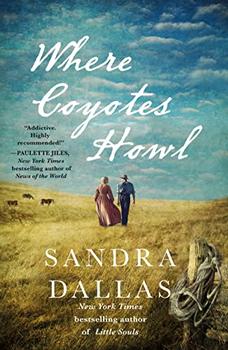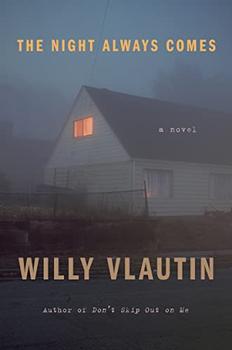Summary | Excerpt | Reading Guide | Reviews | Beyond the book | Read-Alikes | Genres & Themes | Author Bio

Jess Walter's The Cold Millions centers around 16-year-old Rye Dolan and his 23-year-old brother Gig. The pair have spent months tooling around the western United States, working odd jobs and hopping rails as it suits them. As the book opens, they've landed in Spokane, Washington in 1909 just as the nascent union, the Industrial Workers of the World (IWW) (see Beyond the Book), is poised to battle the town's wealthy business owners and corrupt police force over free speech issues. The idealistic Gig is drawn into the conflict, pulling the idolizing Rye right along with him into the fracas, setting each on a path that will forever impact their lives and their relationship.
The author has chosen a very specific time, place and event for his novel: it is based on the Spokane Free Speech Fight of 1909, which resulted in the incarceration of hundreds of activists and workers and unfolded much as Walter outlines in the book. Many of the characters, too, have real-life counterparts, such as Elizabeth Gurley Flynn, a pregnant 19-year-old union organizer from New Hampshire, and Spokane Police Chief John Sullivan, among others. Beyond just the events, though, the author's attention to historical detail is impressive, truly transporting readers to an earlier era. Even his prose seems appropriate for the time period; its cadence may be challenging to get into at first, but once one adjusts, the writing style enhances the book's feel of being set in a Western city at the turn of the century.
Spokane felt like the intersection of Frontier and Civilized, the final gasp of a thing before it turned into something else – the Last Rush Town, Gig called it, for the silver rushes in the foothills, but also the rush of railroad and bank, school and merchant, brick, stone, and steel, old-growth timber turned to pillared houses, hammers popping nonstop against the wild, a mad rush to log and pave the whole world.
Most of the story is told in the third person from Rye's viewpoint, with an occasional first-person chapter narrated by one of the other characters. Unlike many novels where the narrative voice changes from chapter to chapter, here the first-person sections make up just a small percentage of the novel and seem more like a break in the story than just a shift in perspective. The main characters each get one or two of these interludes, and in it they "break the fourth wall," so to speak, directly addressing their story to an unknown audience. It's a different spin on this technique, but one I thoroughly enjoyed.
Rye is clearly the heart and soul of the book; at one point he remarks that he feels like he's being carried along by the tide of history without being able to impact it, and indeed he's not wrong. One of the things that makes the book brilliant, though, is how the teenager learns to adapt to the events swirling around him, maturing into a man with his own thoughts and will.
In addition to Rye, The Cold Millions is rife with three-dimensional characters, and whether they're historically based or not, they come across as real. Readers could spend a lot of time googling them (as I admit I did), but it's a distracting exercise; in the acknowledgments, the author urges readers to "treat even the historical figures as fictional characters," and it seems like that's the best approach to take. In spite of there being a relatively large cast, each character is so well-drawn that I had no problem keeping track of who was who and delighting in each one's quirks.
Given publishing timelines, Walter certainly began writing this novel well before 2020's protests, which have sparked debate about citizens' rights under the First Amendment. Despite the events on which it is based taking place a century ago, I found the plot extremely relevant to today's concerns.
Historical fiction doesn't get any better than this; its fast pace, stellar writing and compelling characters make The Cold Millions a winner, and I highly recommend it to anyone with even a passing interest in this period of American history. Walter's fans will certainly find much to love about the book, and it will likely attract him many new followers as well.
![]() This review was originally published in The BookBrowse Review in October 2020, and has been updated for the
October 2021 edition.
Click here to go to this issue.
This review was originally published in The BookBrowse Review in October 2020, and has been updated for the
October 2021 edition.
Click here to go to this issue.

If you liked The Cold Millions, try these:

by Sandra Dallas
Published 2024
Beautifully rendered, Where Coyotes Howl is a vivid and deeply affecting ode to the early twentieth century West, from master storyteller Sandra Dallas.

by Willy Vlautin
Published 2022
Award-winning author Willy Vlautin explores the impact of trickle-down greed and opportunism of gentrification on ordinary lives in this scorching novel that captures the plight of a young woman pushed to the edge as she fights to secure a stable future for herself and her family.
Your guide toexceptional books
BookBrowse seeks out and recommends the best in contemporary fiction and nonfiction—books that not only engage and entertain but also deepen our understanding of ourselves and the world around us.